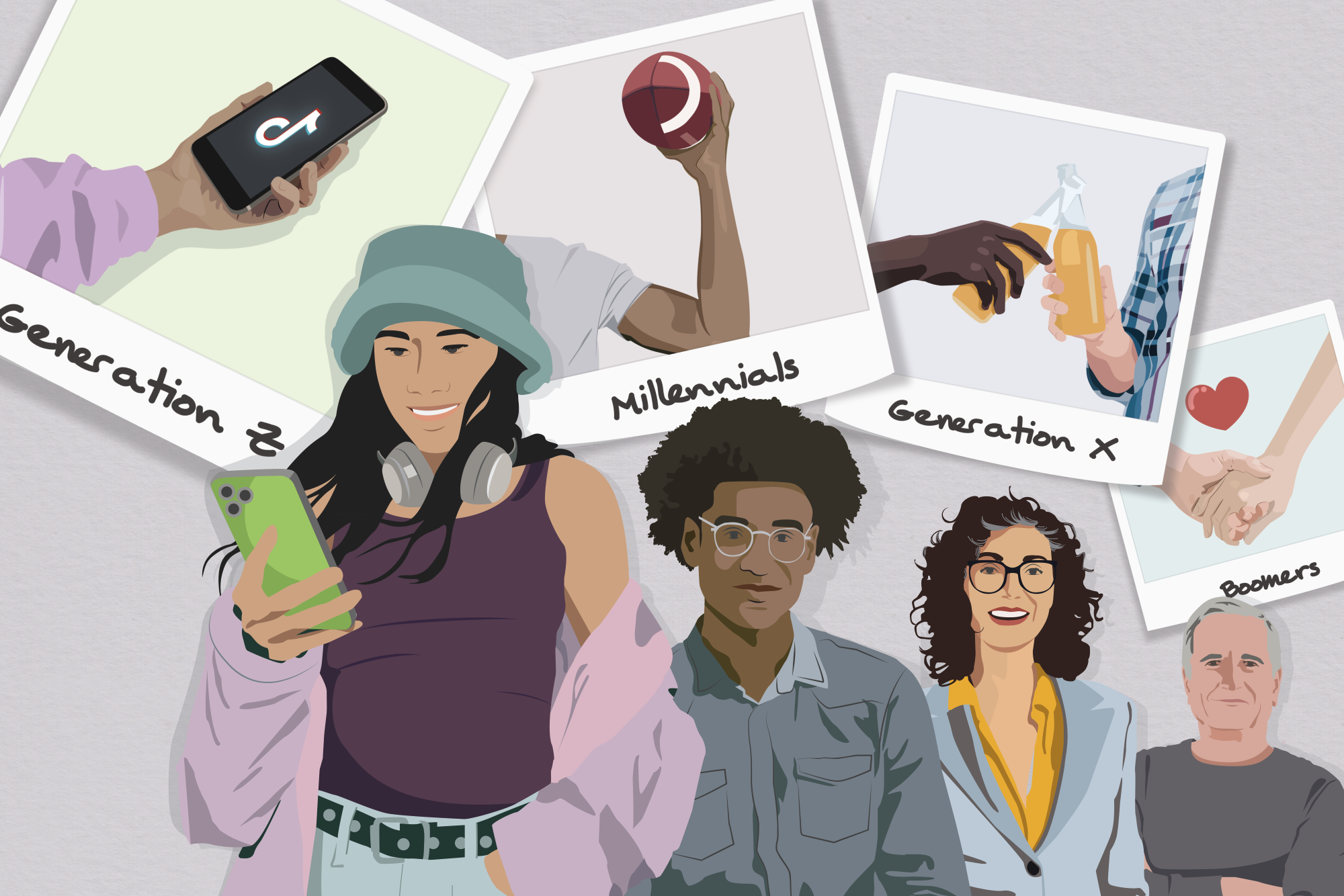"Generation Z and the transformation of American adolescence: how How Gen Z's formative experiences shape its politics, priorities, and future."
They don't define "Generation Z", but it's generally taken to mean people born between about the late 1990s and the early 2010s. People who would be children of Gen X.
This article has a compendium of statistics on Gen Z and how Gen Z differers from millennials and older generations: religious service attendance, part time jobs, having a boyfriend/girlfriend as a teen, bullying, drug & alcohol use, time with friends and social media, loneliness, video games, parental influence on education, finding a career, political polarization and gender divide, distrust of political leaders, LGBT identification, gender discrimination.

There are no comments yet.